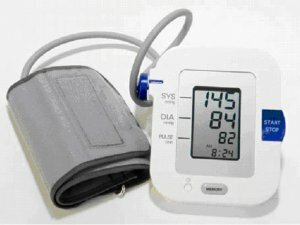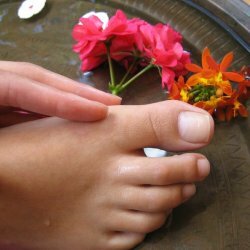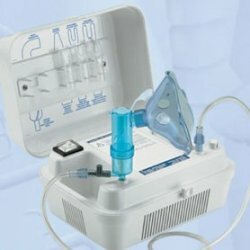First aid under pressure
 Blood pressure can be increased or decreased - it all depends on the person's age, individual characteristics, sex, weight and other parameters. Low blood pressure is not dangerous to human health, to the extent that it is elevated, which is often complicated by strokes and heart attacks. Low blood pressure is considered normal if the person feels well at the same time. But symptoms such as palpitation, sudden weakness, heart pain and dizziness, may be signs of a sharp drop in pressure, which may even threaten health. Therefore, during a sudden increase or decrease in blood pressure, timely first aid should be provided.
Blood pressure can be increased or decreased - it all depends on the person's age, individual characteristics, sex, weight and other parameters. Low blood pressure is not dangerous to human health, to the extent that it is elevated, which is often complicated by strokes and heart attacks. Low blood pressure is considered normal if the person feels well at the same time. But symptoms such as palpitation, sudden weakness, heart pain and dizziness, may be signs of a sharp drop in pressure, which may even threaten health. Therefore, during a sudden increase or decrease in blood pressure, timely first aid should be provided.
First aid for high pressure
 First of all, you should call an ambulance team. The patient needs to be reassured and put in bed, then open the windows. It is important to comply with bed rest, but sometimes the patient is better in a sitting position.
First of all, you should call an ambulance team. The patient needs to be reassured and put in bed, then open the windows. It is important to comply with bed rest, but sometimes the patient is better in a sitting position.
Prior to the arrival of doctors, it is necessary to make a hot foot bath or put a yellow card on the back of the neck and calf muscles to drain blood to the legs. If the pressure increase causes pain in the heart area, the patient can be given nitroglycerin or validol under the tongue. To reduce blood pressure under the tongue, you can also put drugs such as hood, corinfar, clonidine, furosemide, labetolol. If the patient is in an excited state, he should give sedatives - phenazepam, Relanium, Elenium.
When first aid is given at high pressure, you should know that blood pressure should decrease gradually, approximately for an hour, without sudden jumps, by about 25-30 mm Hg. Further assistance with elevated pressure is provided only by physicians.
And remember that an important role in the provision of first aid is the psychological support of relatives and loved ones, who in no case can not panic.
First aid for low pressure
 With a sharp drop in pressure, it is also important for the victim to provide first aid in a timely and timely manner.
With a sharp drop in pressure, it is also important for the victim to provide first aid in a timely and timely manner.
The cause of low pressure is much higher than that of elevated blood pressure. For example, it can be internal bleeding. And if, by giving first aid, to start raising blood pressure, the loss of blood from this will only accelerate. And for another reason of low blood pressure - a sharp drop in the blood glucose level - you can endlessly use the medication to narrow the blood vessels, but this will not save you from the problem. Therefore, first, you should make sure that the patient is not diabetic( there is no acetone smell from his mouth, there is no special card in the documents) and he does not have an injury or injury that could cause internal bleeding( one of the first symptoms is a sticky cold sweat).
When first aid is provided with a sharp drop in pressure, lay the patient on the bed, place a blanket or pillow under the lower leg - the victim's legs should be slightly above his head. Unfasten the patient's tight clothes and open the window.
Then measure blood pressure and record the time and readings of the tonometer. During the first hour, monitor blood pressure every 15 minutes, then the interval can be increased to half an hour-hour.
The patient can be given a black strong sweet hot tea with the addition of 15 drops of tincture of ginseng, eleutherococcus, zamaniha, rhodiola rosea, aralia, pantocrinum.
Warm the victim, covering it with a warm blanket, as lowering the blood pressure is accompanied by a drop in body temperature by 1-2C.
If the pressure continues to decrease steadily, the patient loses consciousness - urgently call an ambulance crew. If the condition improves, you can call the district therapist.
Important recommendations:
- the patient should not give drugs to increase blood pressure, as well as strong coffee, as it causes an increase in heart rate, and the heart in this situation should be supported.
- can not offer him alcohol, because he dilates the peripheral vessels, they are sending blood, and it is already lacking.
- the patient should not make sharp slopes and sit-ups, as a sudden rush of blood to the muscles can lead to a loss of consciousness.



